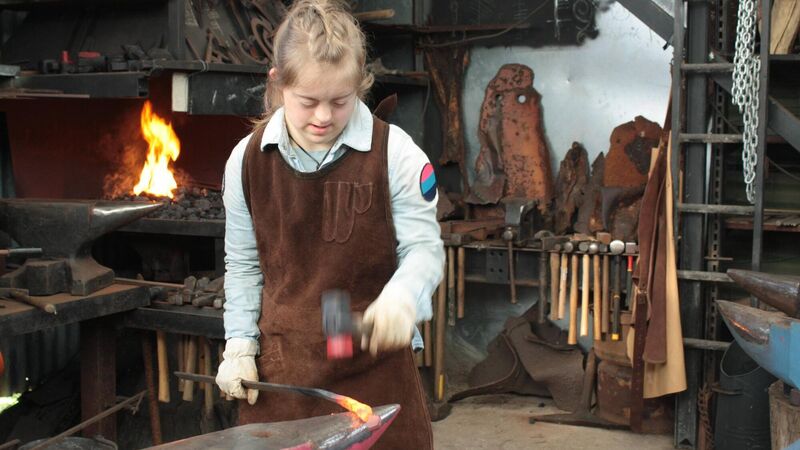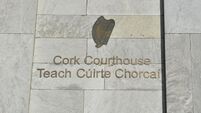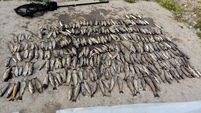Jessie Waschkowitz has managed to achieve the seemingly impossible. In an era where the art of blacksmithing has virtually been extinguished, this remarkable woman is believed to be the first with Down syndrome in Ireland to forge a career in the ancient craft.
Jessie’s success has taken many forms, perhaps most spectacularly on a billboard in New York's Times Square projecting her image last year. The Co Cork artist had caught the imagination of the National Down syndrome Society (NDSS) in the US through her social media presence. Impressed by her skills and vision, the society approached Jessie, requesting permission to display her likeness on one of Times Square’s iconic billboards. Jessie featured as part of an initiative celebrating the achievements of, and possibilities for, people with Down syndrome.
Already a subscriber? Sign in
You have reached your article limit.
Subscribe to access all of the Irish Examiner.
Annual €130 €80
Best value
Monthly €12€6 / month
Introductory offers for new customers. Annual billed once for first year. Renews at €130. Monthly initial discount (first 3 months) billed monthly, then €12 a month. Ts&Cs apply.
CONNECT WITH US TODAY
Be the first to know the latest news and updates
















